Newsletter
Don't miss a thing!
We regularly provide you with the most important news, articles, topics, projects and ideas for One World – No Hunger.
Newsletter
Don't miss a thing!
We regularly provide you with the most important news, articles, topics, projects and ideas for One World – No Hunger.
Please also refer to our data protection declaration.
Ines Lechner, Editor Rural21
Nations adopted four goals and 23 targets for 2030 to foster biodiversity conservation and counter acceleration in the global rate of species extinction at the UN Biodiversity Conference (COP15).

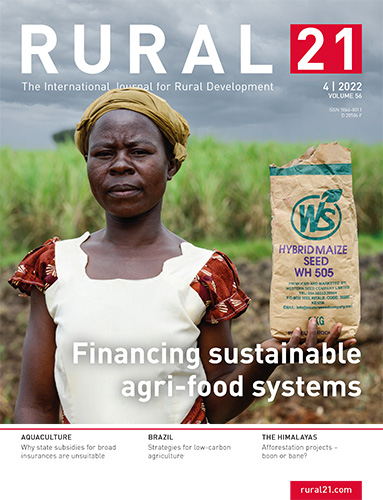
This article first appeared as a news in Rural21 and is part of a media cooperation between Rural21 and weltohnehunger.org.
At the UN Biodiversity Conference (COP15), which took place from the 7th- 19th December 2022 in Montreal, Canada, parties agreed on a package of measures deemed critical to addressing the dangerous loss of biodiversity and restoring natural ecosystems. Convened under UN auspices, chaired by China and hosted by Canada, COP15 adopted the Kunming-Montreal Global Biodiversity Framework (GBF), including four goals and 23 targets for achievement by 2030.
Among the global targets for 2030 is the effective conservation and management of at least 30 per cent of the world’s terrestrial surface, inland waters, coastal areas and oceans, with emphasis on areas of particular importance for biodiversity and ecosystem functioning and services. This target has been disputed and is viewed critically by some non-governmental organisations, who voiced fears in the run-up to the conference that it does not sufficiently consider the rights of Indigenous Peoples. The GBF points out that the rights of the latter and local communities, including those to their traditional territories, must be recognised and respected. Nevertheless, concern remains that promises to respect the rights of Indigenous Peoples are ignored by the conservation industry, the NGO Survival International says. Another target is to halve global food waste by 2030.
According to a report published by WWF a year ago, approximately 40 per cent of all the food grown goes uneaten.
Further targets include to progressively phase out or reform by 2030 subsidies that harm biodiversity by at least USD 500 billion per year, to raise international financial flows from developed to developing countries, and to prevent the introduction of priority invasive alien species.
Partnership to implement the Framework
At COP15, 23 countries and organisations, led by Colombia and supported by Germany, launched a partnership to support developing countries in the swift implementation of their biodiversity strategies and action plans (NBSAPs), adapted in line with the targets agreed in the new Global Biodiversity Framework. The Partnership will facilitate access to financial and technical support, promote dialogue, outreach, and knowledge exchange, and develop institutional capacity tailored to different levels and national needs. Along with the launch of the Initiative, the German Federal Government will support and kick-start the operationalisation of the NBSAP Accelerator Partnership as well as concrete implementation activities in selected countries. The governments of Colombia and Germany, the UN Biodiversity Convention, UN Environment Programme (UNEP), United Nations Development Programme (UNDP) and other partners, will assist with the design, development, structuring, operationalisation and monitoring of the NBSAP Accelerator Partnership.
The framework’s four overarching global goals are:
GOAL A:
The integrity, connectivity and resilience of all ecosystems are maintained, enhanced, or restored, substantially increasing the area of natural ecosystems by 2050;
Human induced extinction of known threatened species is halted, and, by 2050, extinction rate and risk of all species are reduced tenfold, and the abundance of native wild species is increased to healthy and resilient levels;
The genetic diversity within populations of wild and domesticated species, is maintained, safeguarding their adaptive potential.
GOAL B:
Biodiversity is sustainably used and managed and nature’s contributions to people, including ecosystem functions and services, are valued, maintained and enhanced, with those currently in decline being restored, supporting the achievement of sustainable development, for the benefit of present and future generations by 2050.
GOAL C:
The monetary and non-monetary benefits from the utilisation of genetic resources, and digital sequence information on genetic resources, and of traditional knowledge associated with genetic resources, as applicable, are shared fairly and equitably, including, as appropriate with indigenous peoples and local communities, and substantially increased by 2050, while ensuring traditional knowledge associated with genetic resources is appropriately protected, thereby contributing to the conservation and sustainable use of biodiversity, in accordance with internationally agreed access and benefit-sharing instruments.
GOAL D:
Adequate means of implementation, including financial resources, capacity building, technical and scientific cooperation, and access to and transfer of technology to fully implement the Kunming-Montreal global biodiversity framework are secured and equitably accessible to all Parties, especially developing countries, in particular the least developed countries and small progressively closing the biodiversity finance gap of USD 700 billion per year, and aligning financial flows with the Kunming-Montreal Global Biodiversity Framework and the 2050 Vision for Biodiversity.

Read more Is the international community still on track in the fight against hunger?
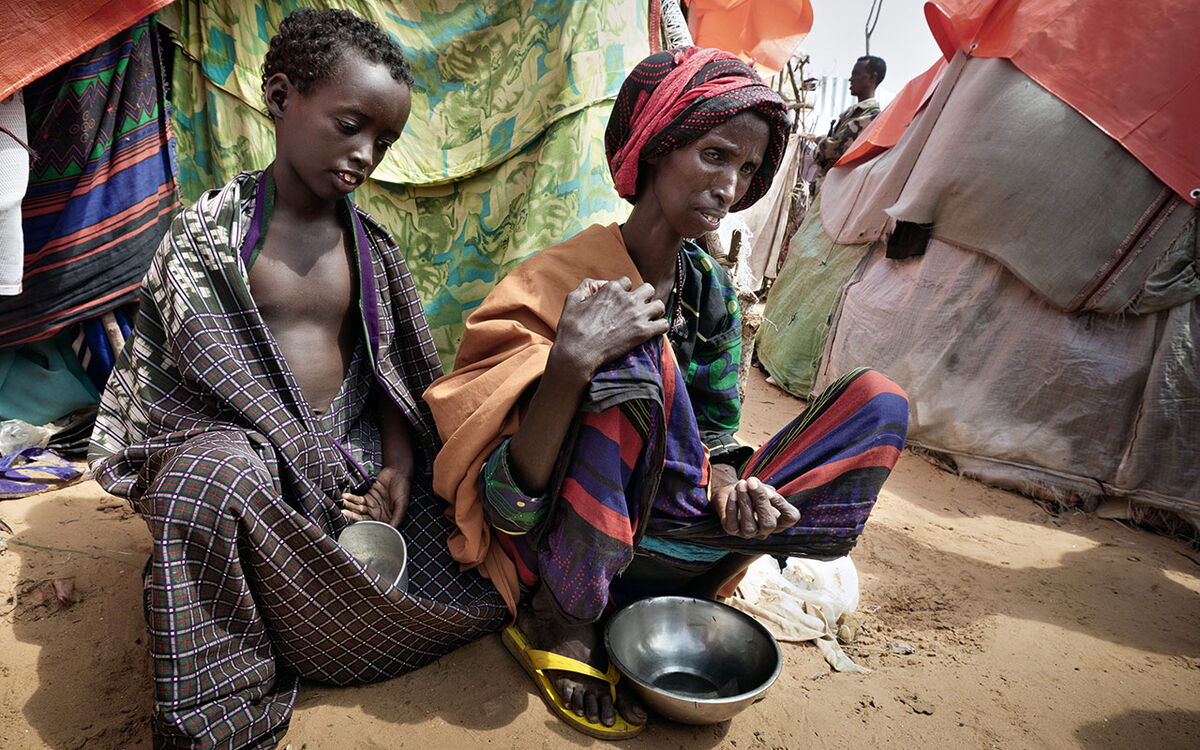
Read more Global responsibility: Tackling hunger is the only way forward
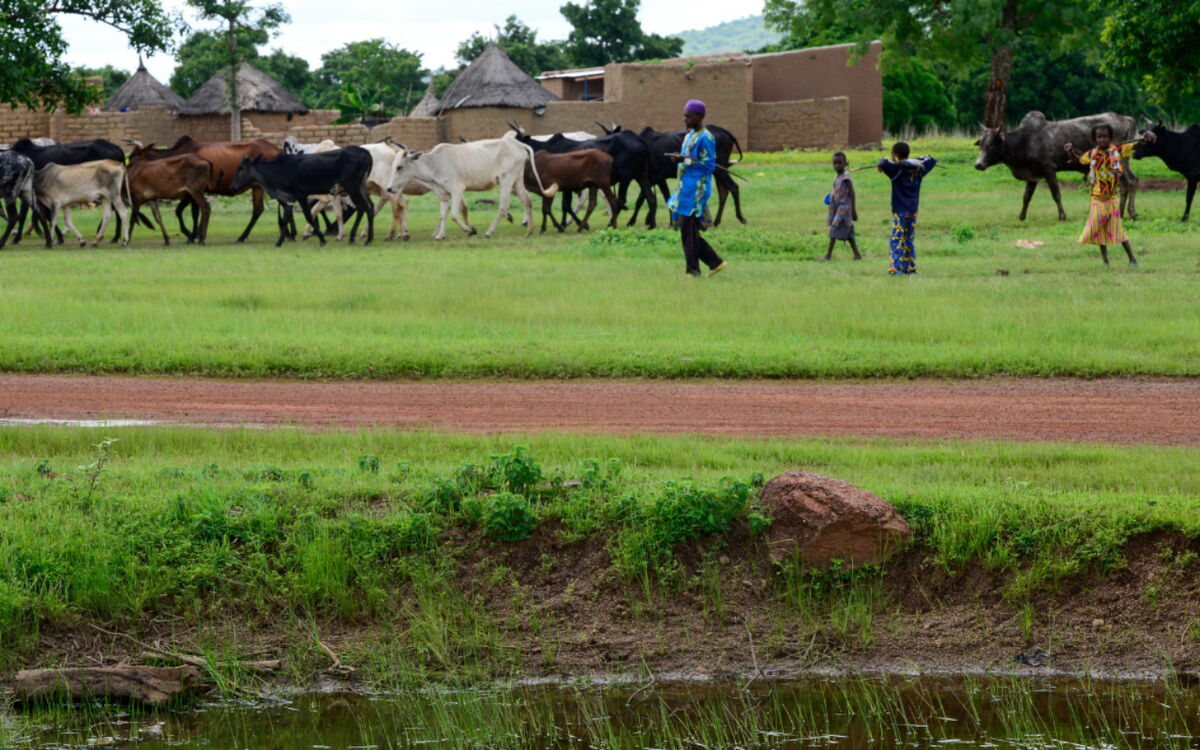
Read more Biodiversity and agriculture – rivalry or a new friendship?
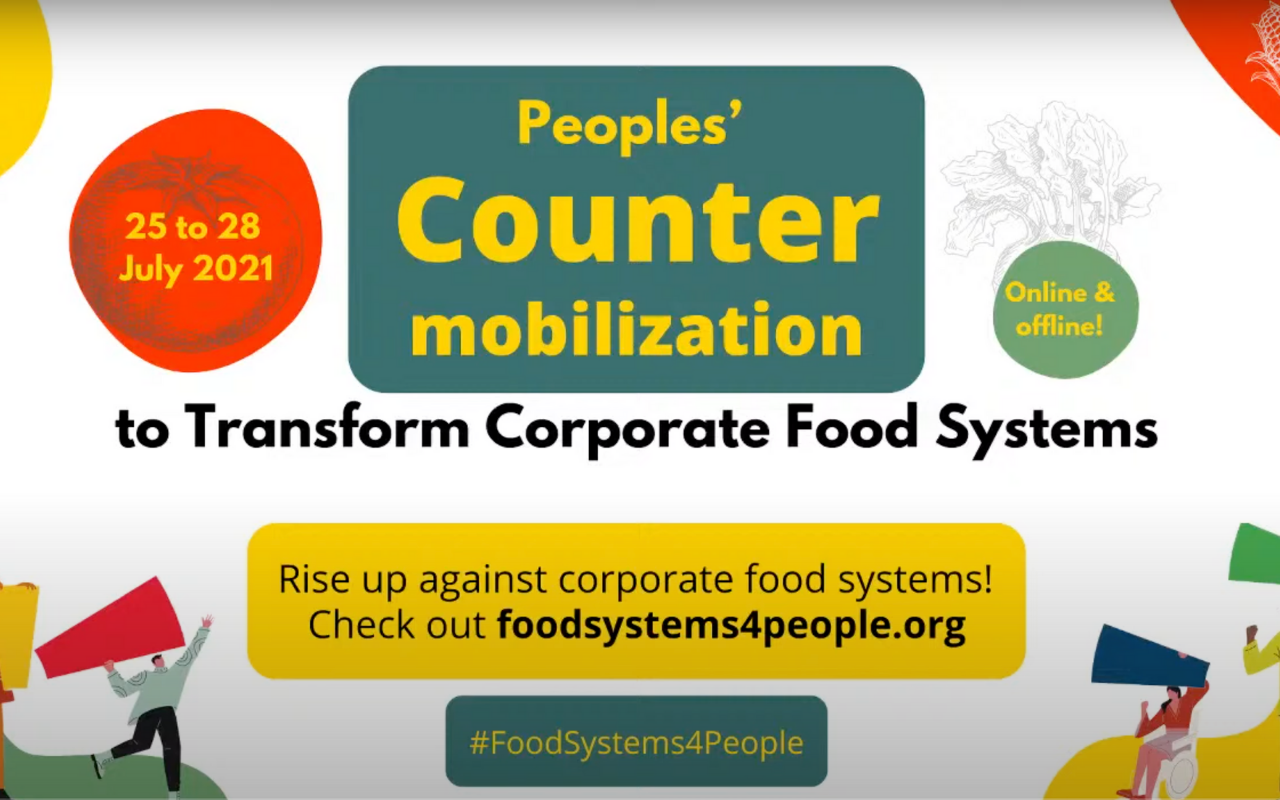
Read more Mr. Marí, what happened at the alternative summit?
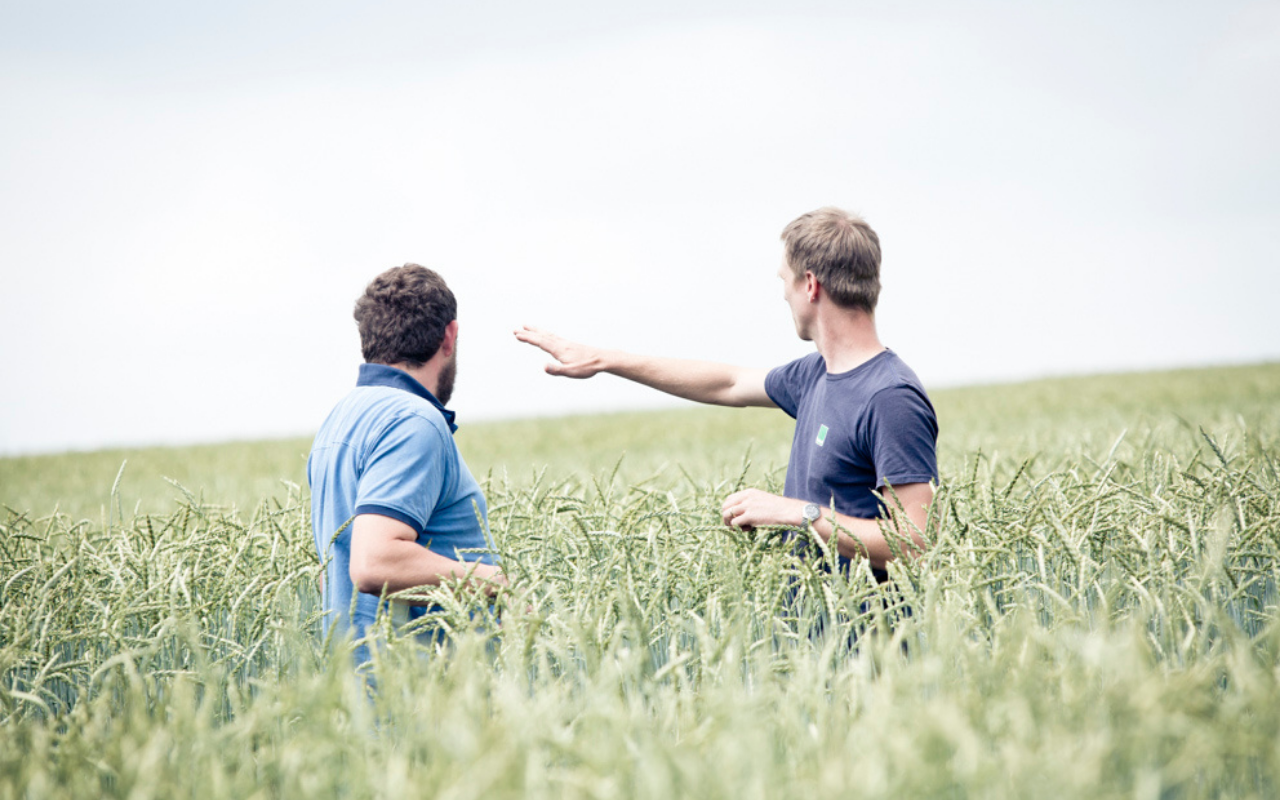
Read more What is wrong with our nutrition in Germany, Mr. Plagge ?

Read more How Can We Feed The World in Times of Climate Change?
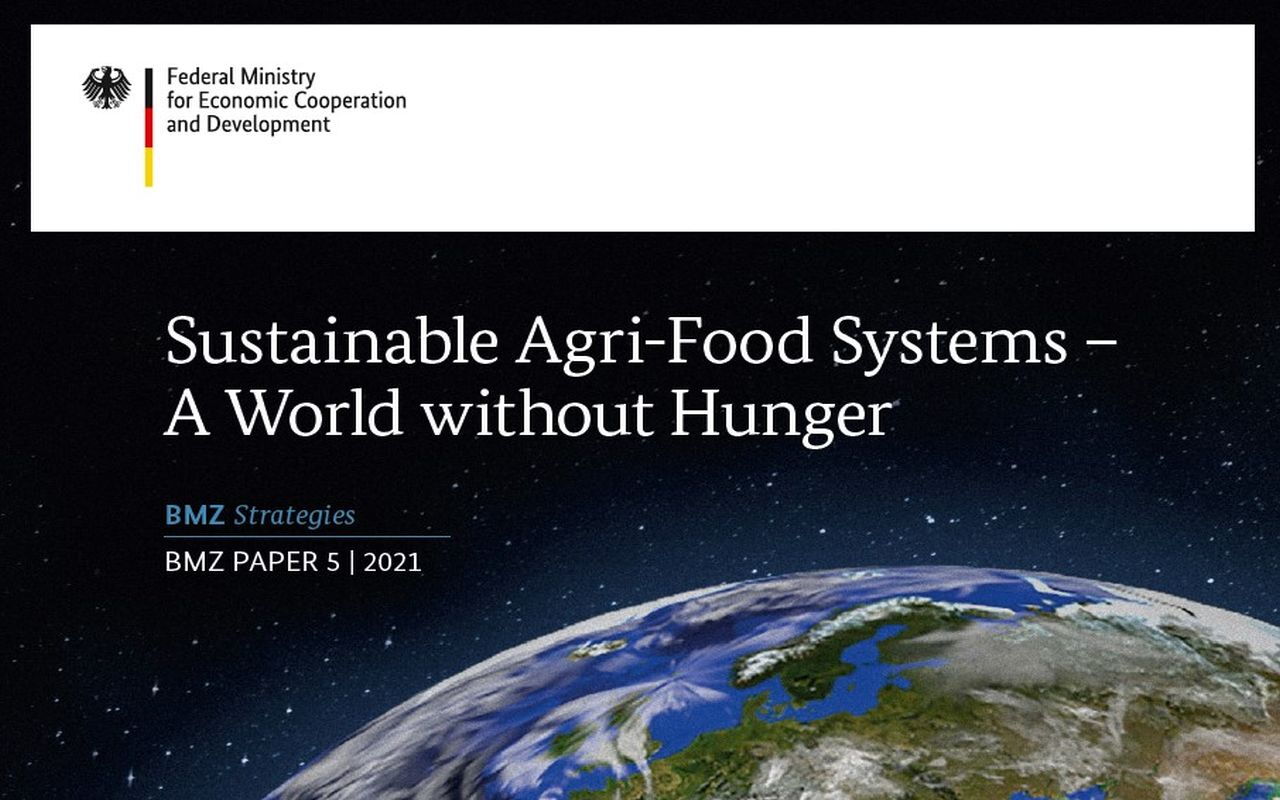
Read more Nine Harvests Left until 2030: How Will the BMZ Organise Itself in the Future?
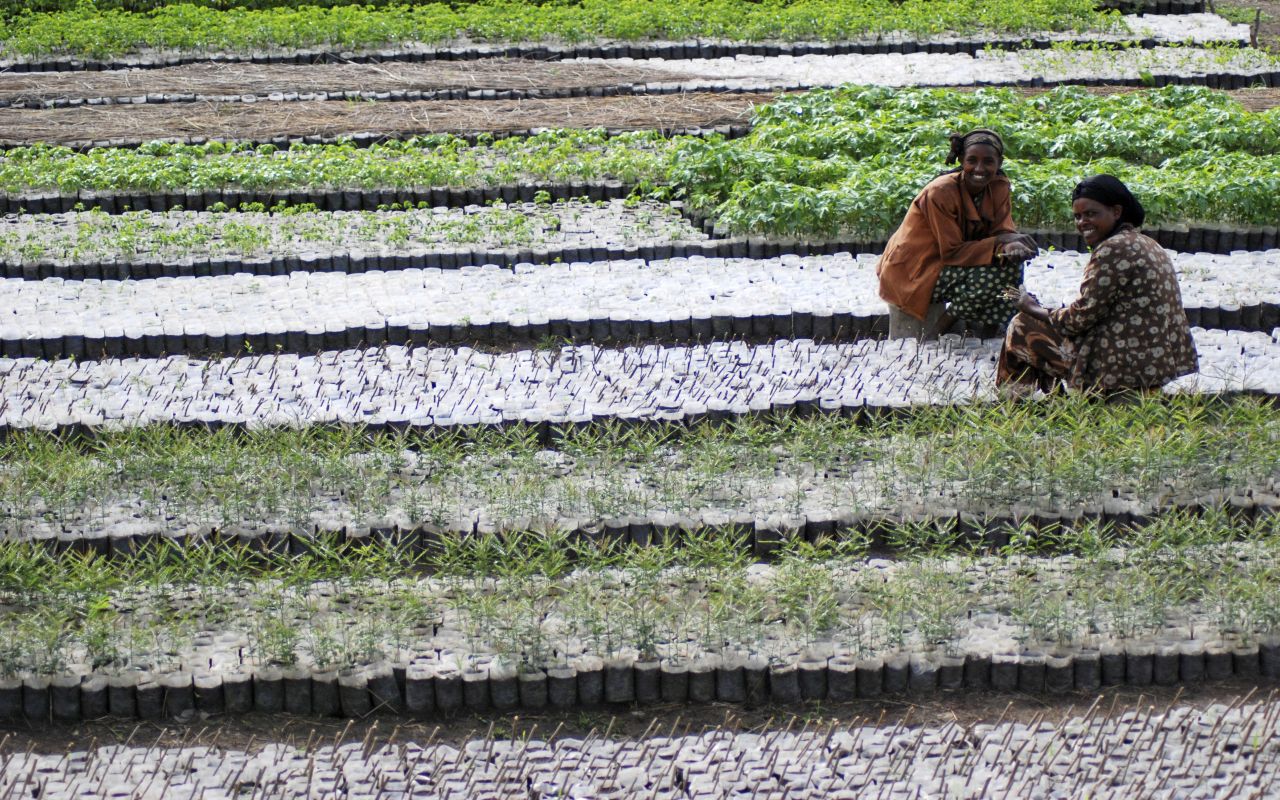
Read more Cooperation and Effective Incentives for Sustainable Land Use

Read more What Needs to Change for Africa’s Youth, Ms Kah Walla?

Read more How to Enhance Soil Organic Carbon – Uniting Traditional and Innovative Practices
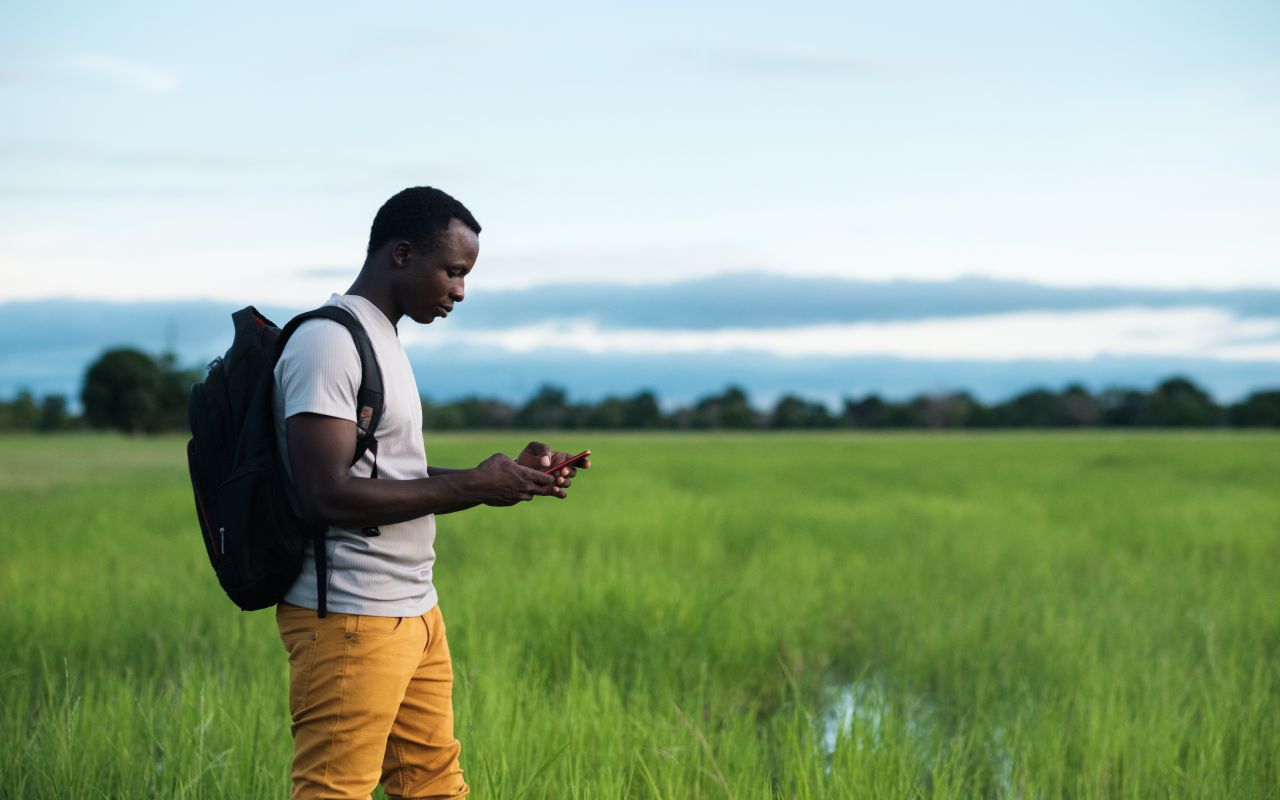
Read more Digitalization: The Driving Force in the Future of Agriculture?
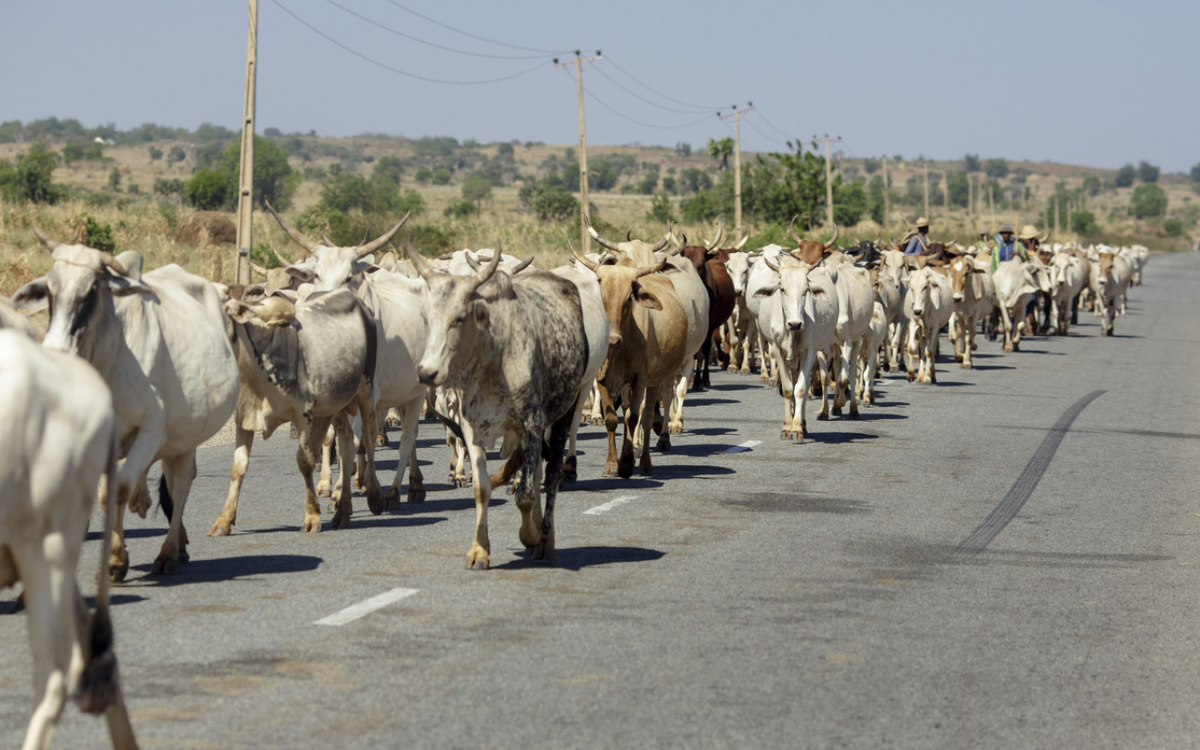
Read more Our Food Systems are in Urgent Need of Crisis-Proofing: what needs to be done

Read more "Human capital will play a pivotal role in the transformation of African economies"
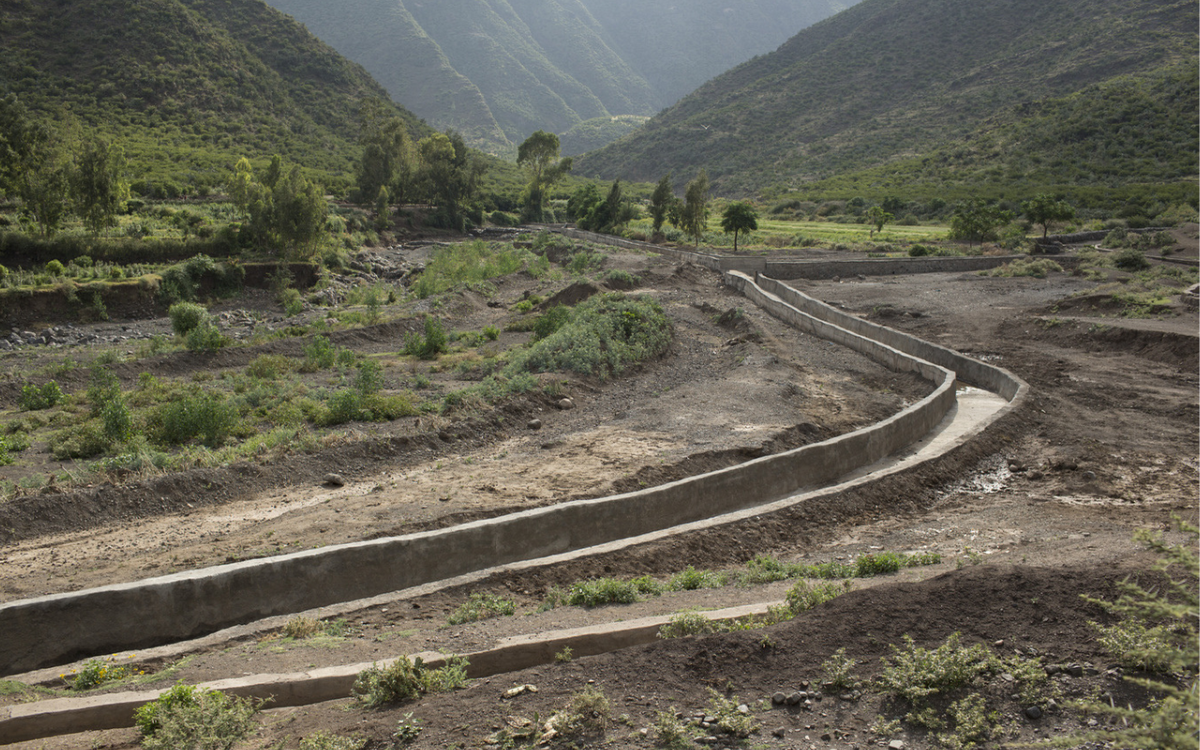
Read more The importance of water for sustainable rural development

Read more New legal initiatives towards deforestation-free supply chains as a game changer

Read more 2022, a year of crisis – What does it mean for African trade and food security?
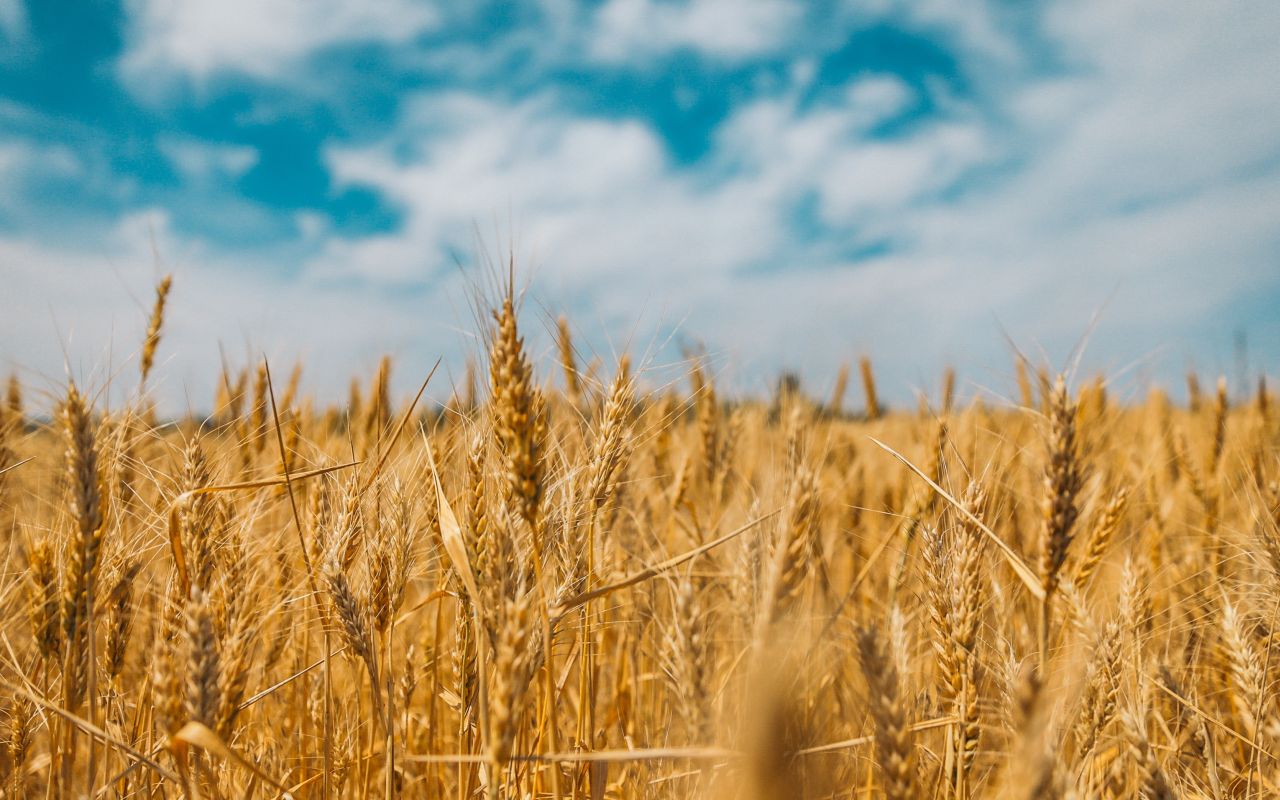
Read more How the War against Ukraine Destabilizes Global Grain Markets

Read more Controversy: Do supply chains need liability rules?
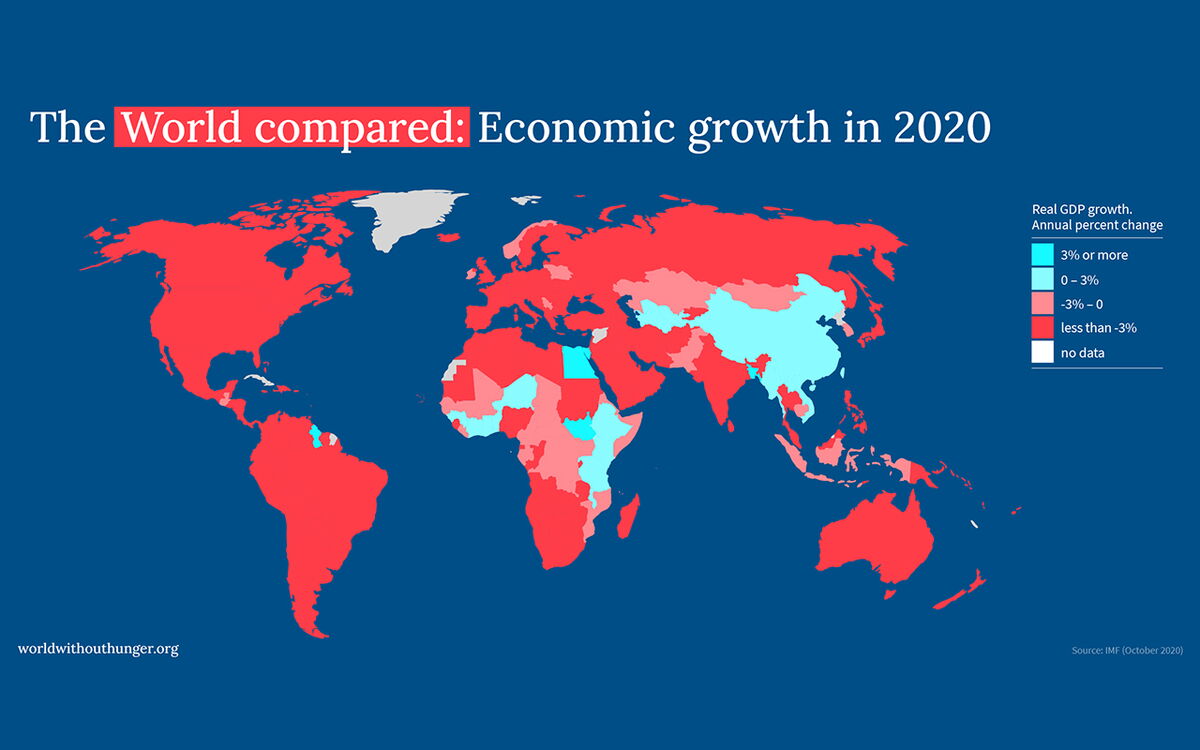
Read more 5 Questions for Jann Lay: What is Corona doing to the economy?

Read more Sustainable, feminist and socially just: The new Africa strategy of the BMZ

Read more Do import restrictions really benefit the local poor in West Africa?

Read more Sang'alo Institute invests in farming of sunflower crop
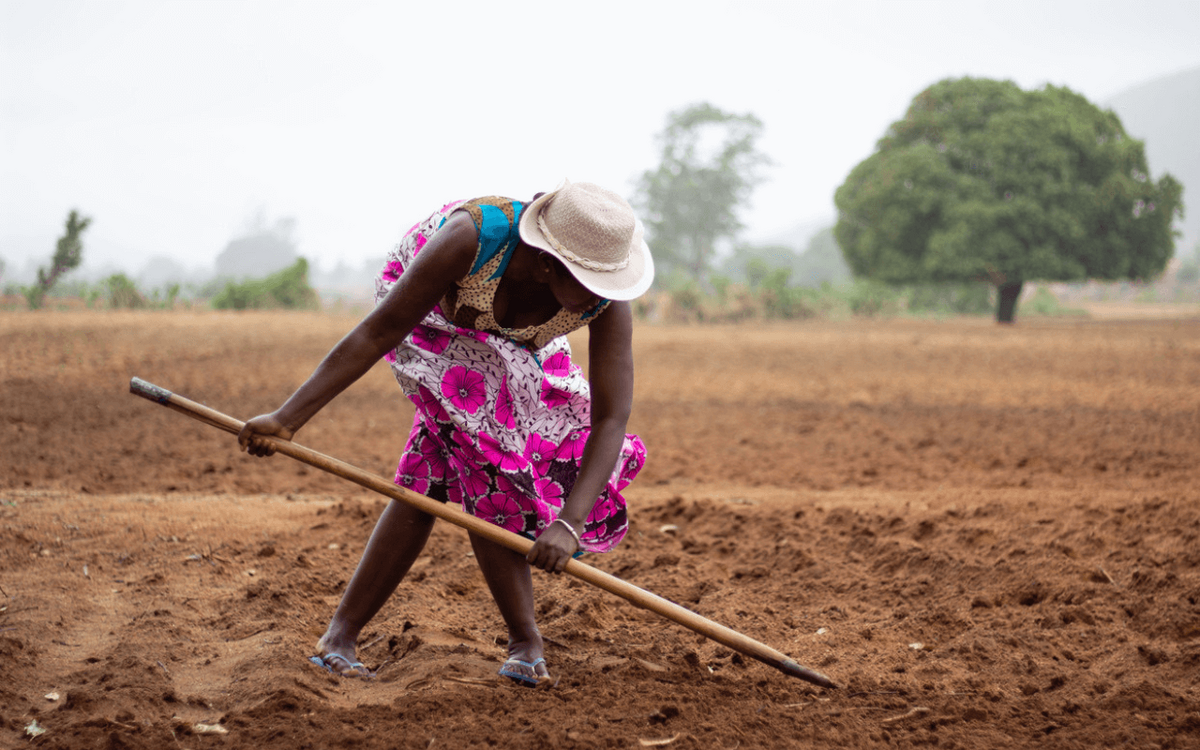
Read more Farmers' organizations want to be involved in designing agricultural policy
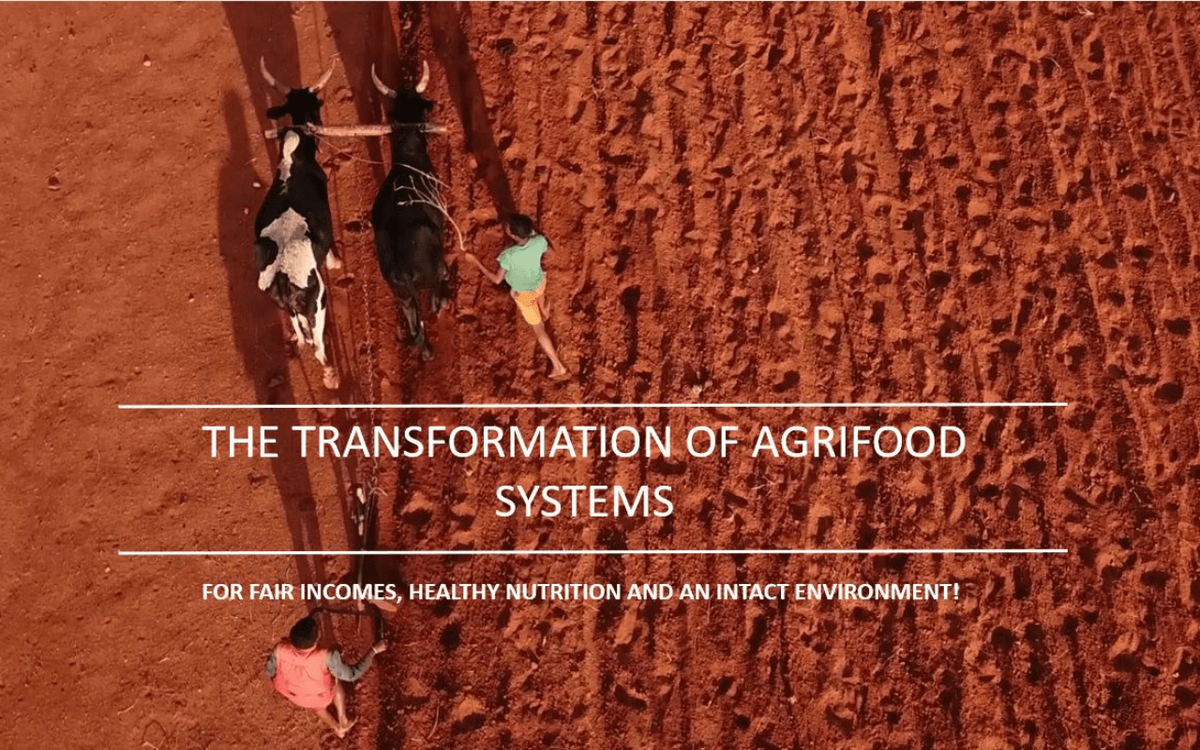
Read more BMZ releases video on the transformation of agricultural and food systems

Read more “More of the same is not enough - we need to rethink”
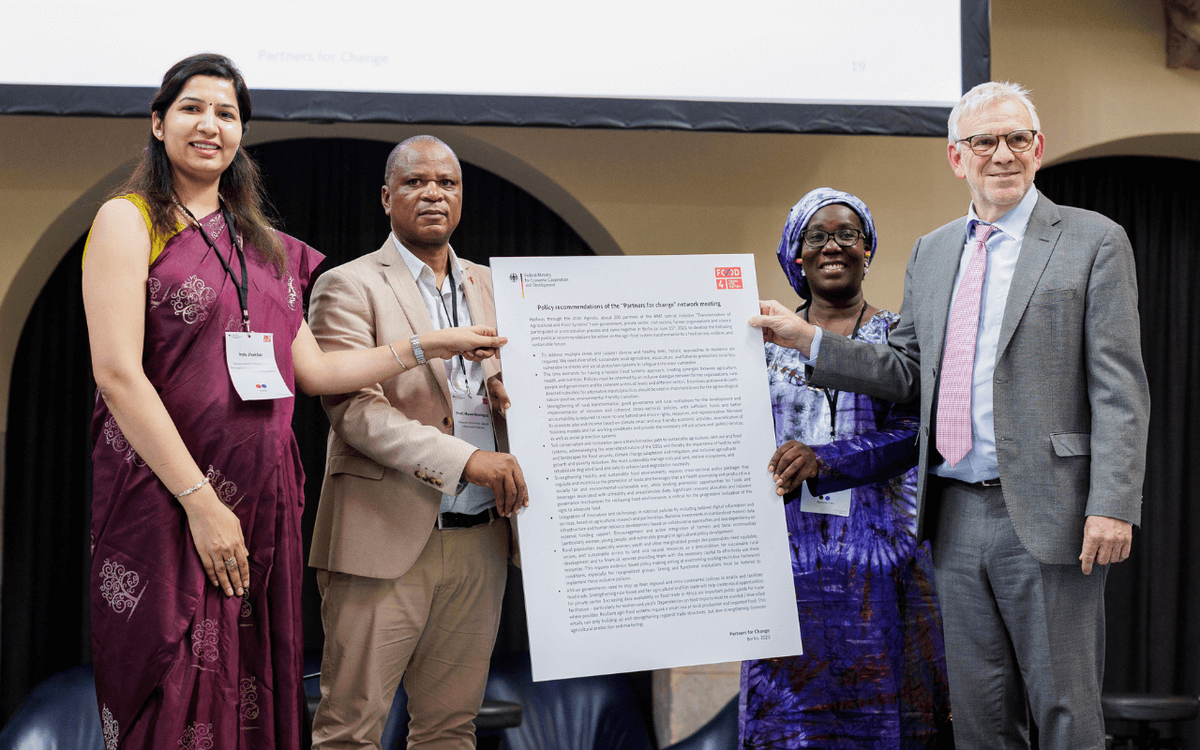
Read more Partners for change - Network meeting on transforming agricultural and food systems
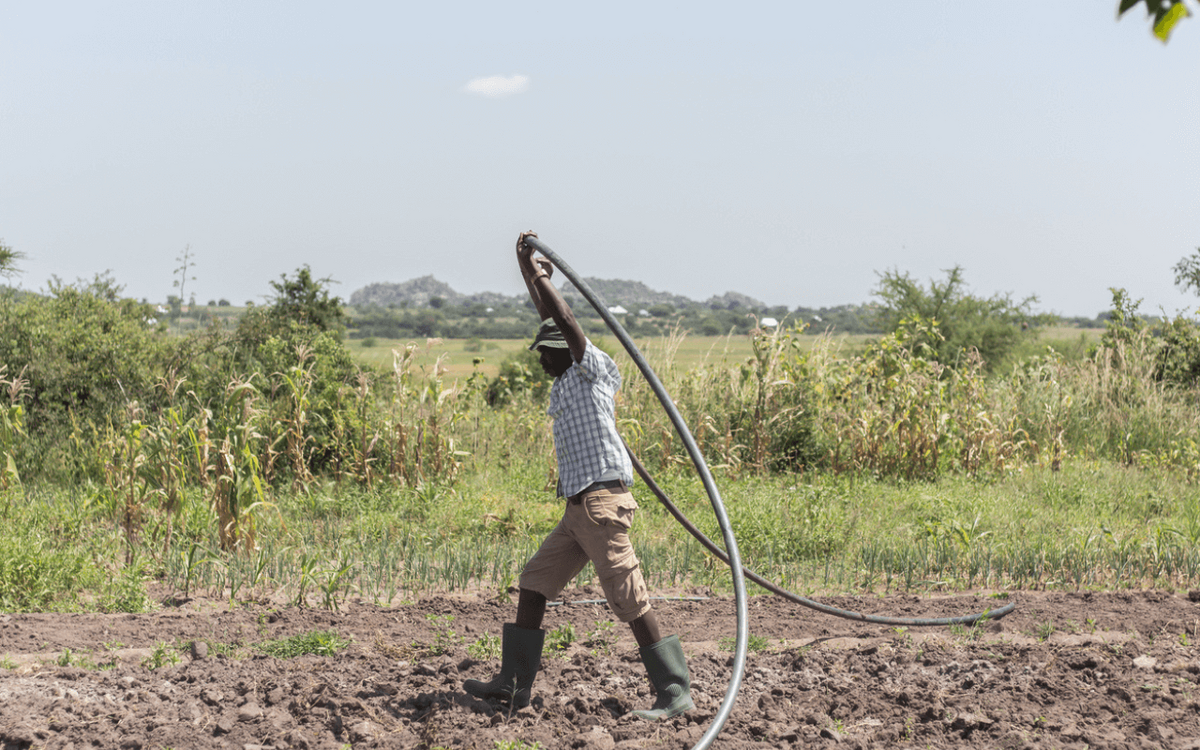
Read more What is needed for a long-term fertiliser strategy?

Read more A framework for sustainable and fair agriculture and food systems

Read more Female Leadership: A Key Lever for Transformation?
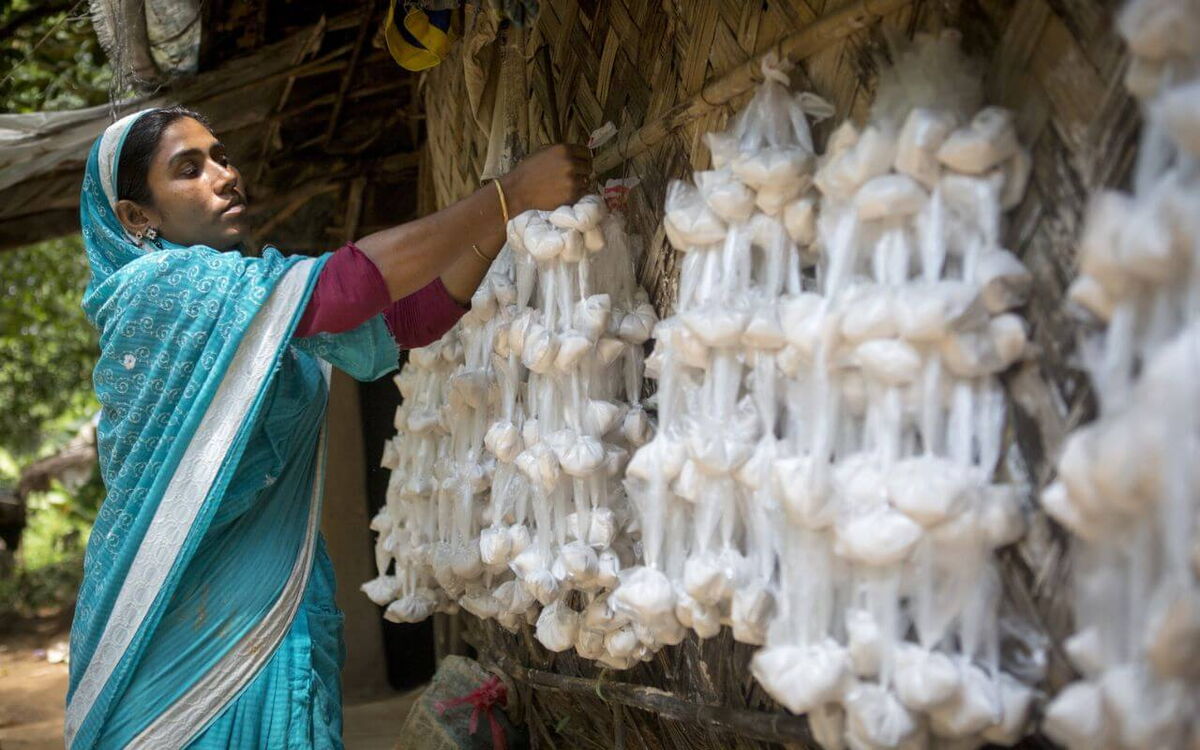
Read more Gender-Transformative Approaches – Unlocking Everyone’s Potential

Read more Adapted financial services – a key to transformation
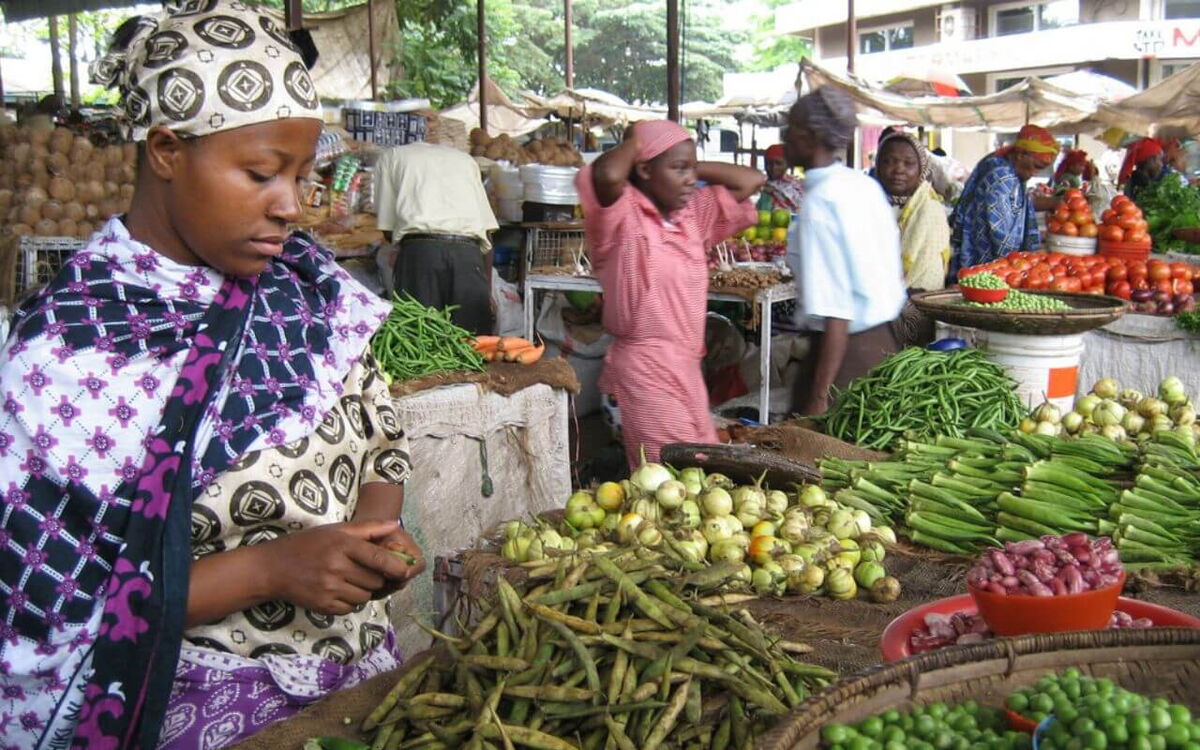
Read more From Pledges to Progress: Nutrition at the Heart of Inclusive Development
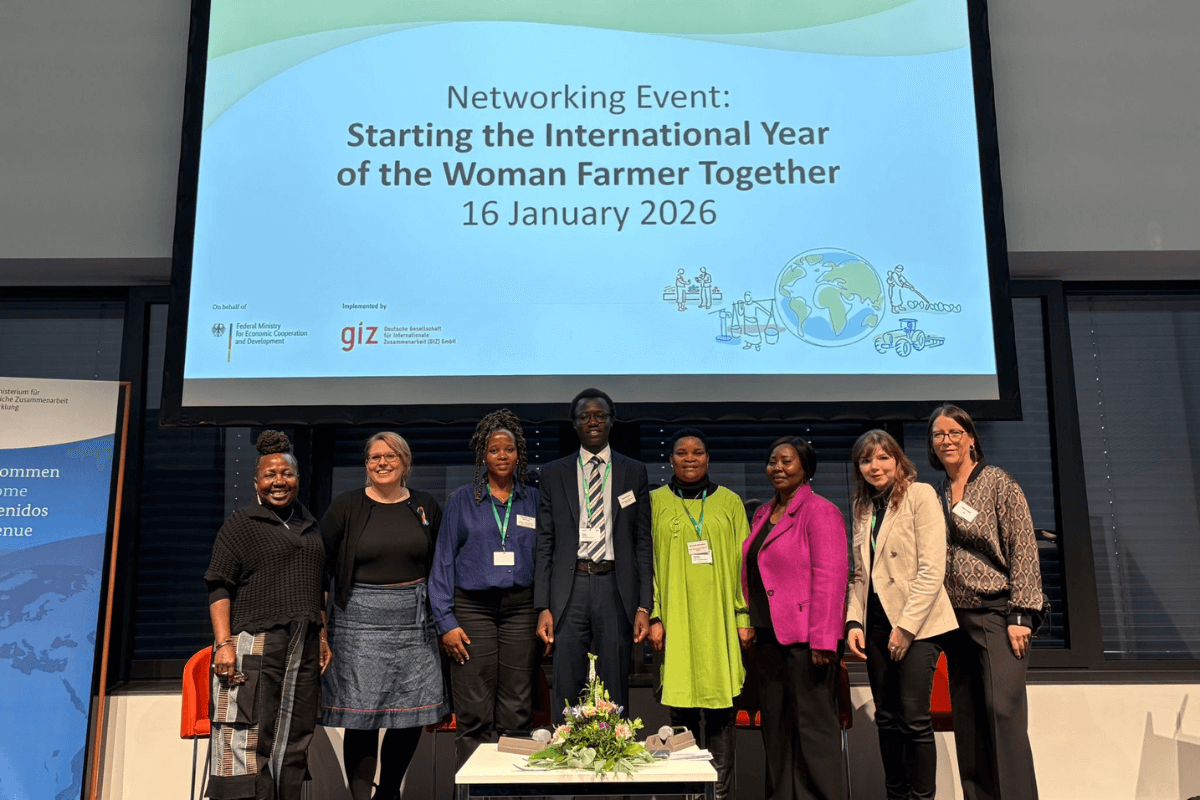
Read more A political opportunity to overcome structural barriers for women farmers
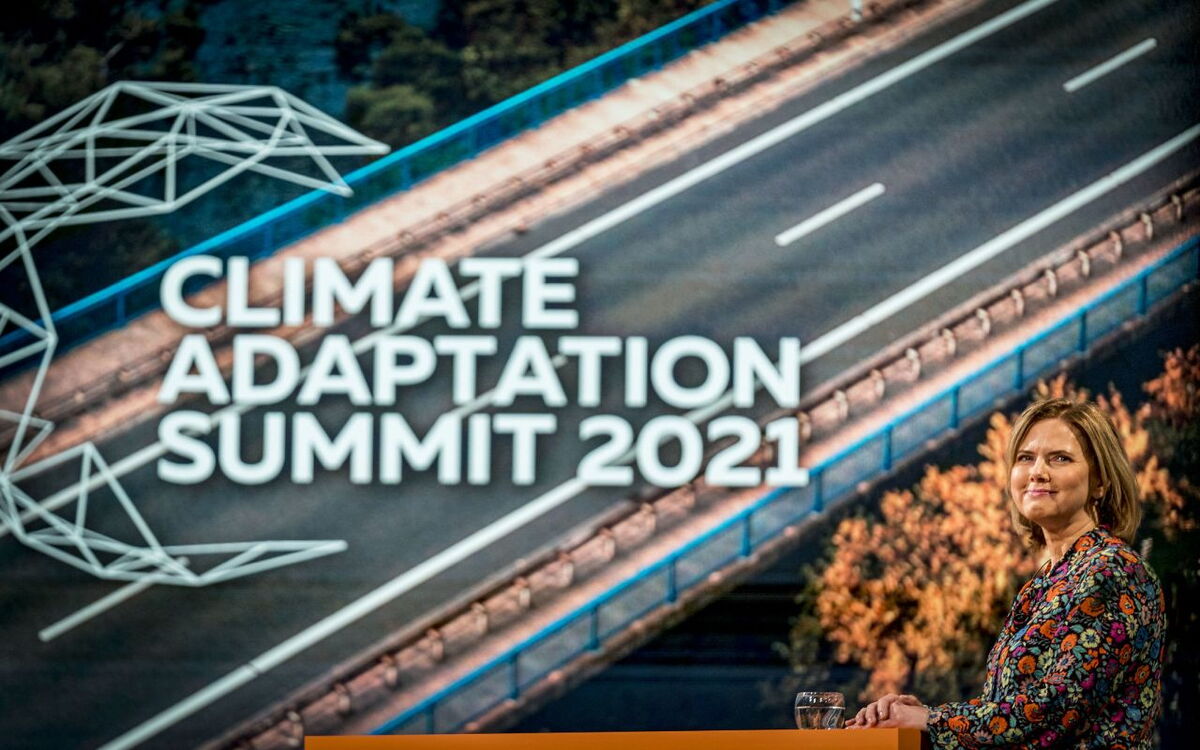
Read more Climate Adaptation Summit 2021: ‘We can do better’

Read more Mr. Samimi, what is environmental change doing to Africa?

Read more Resilient small-scale agriculture: A key in global crises

Read more Gender equality: Essential for food and nutrition security


Read more Planetary Health: Recommendations for a Post-Pandemic World

Read more This is how developing countries can adapt better to droughts

Read more The North bears the responsibility, the South bears the burden
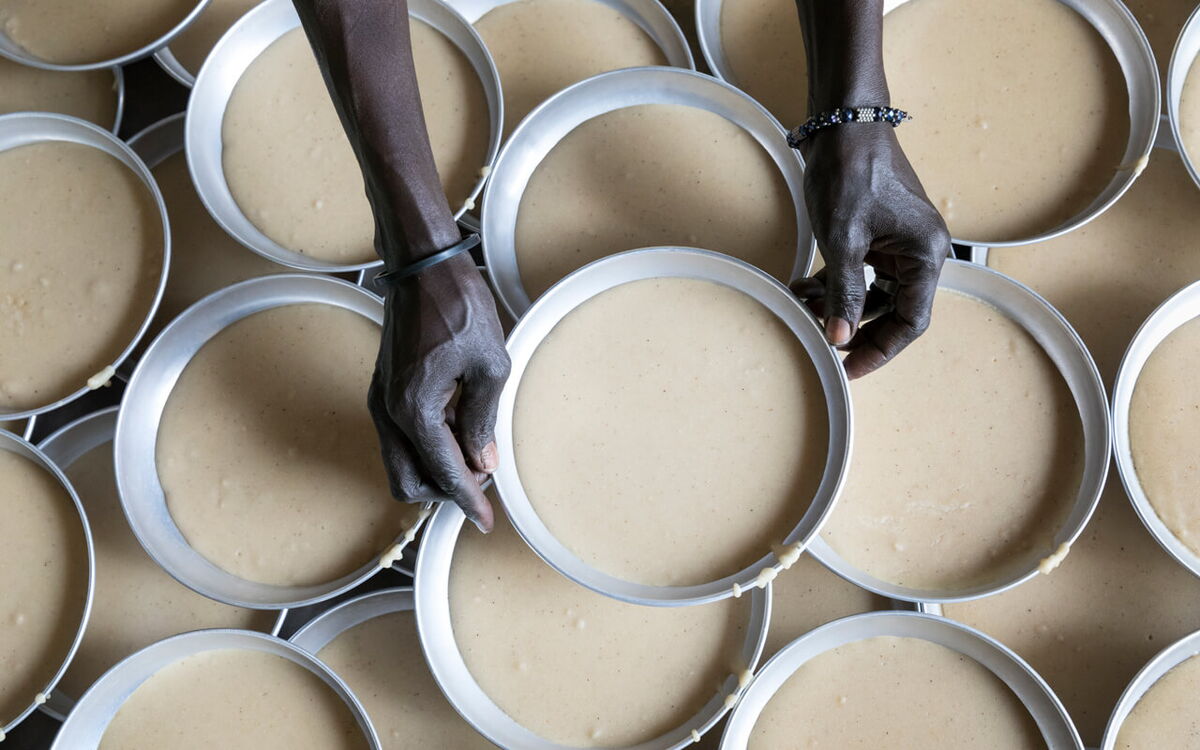
Read more A Climate of Hunger: How the Climate Crisis Fuels the Hunger
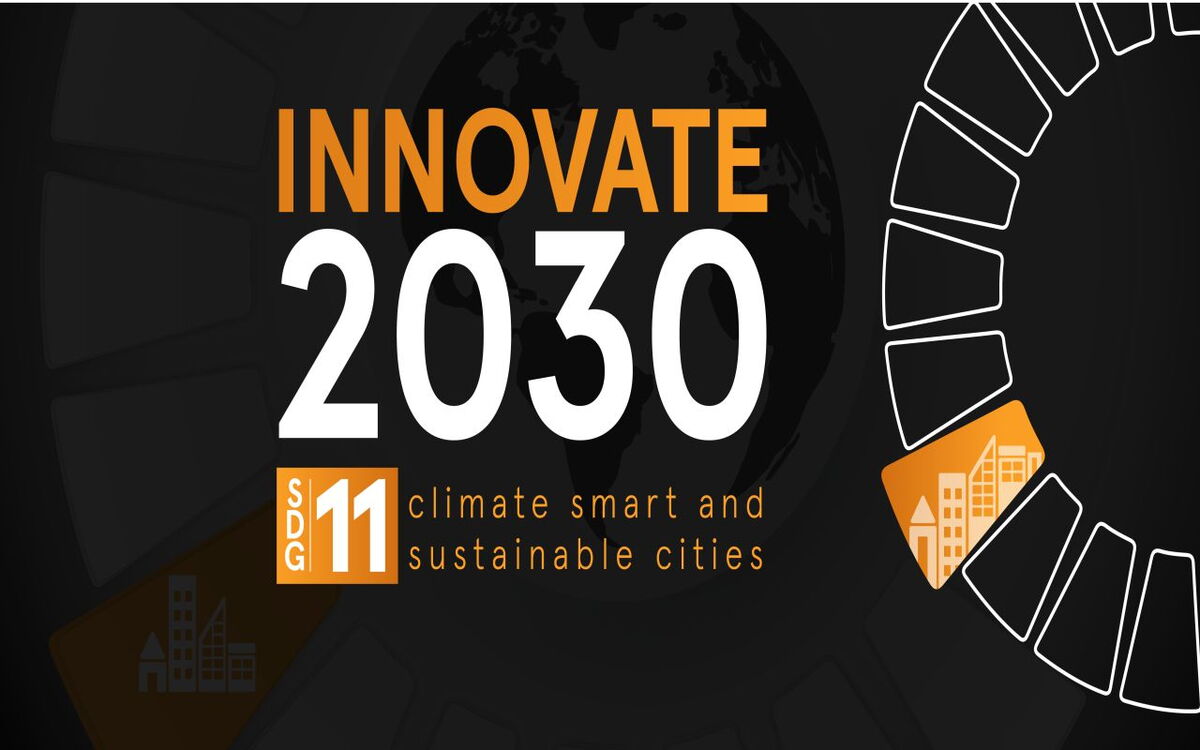
Read more Innovate2030: Digital Ideas against Urban Climate Change
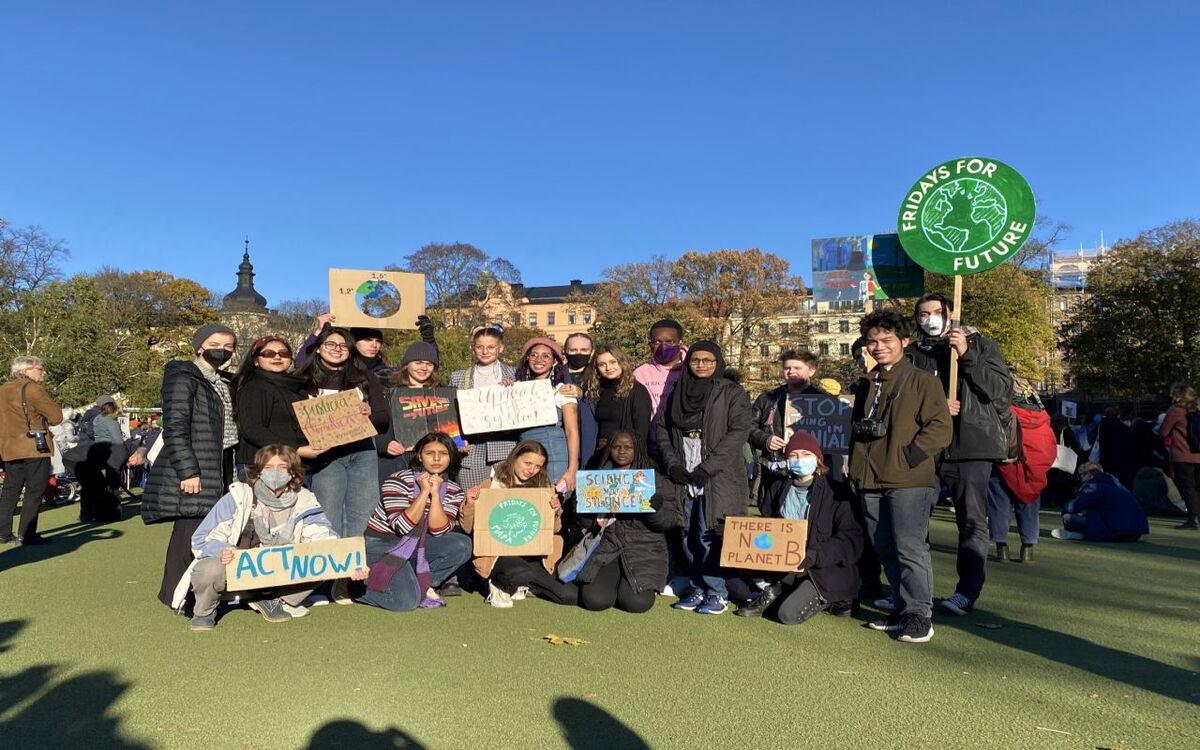
Read more ‘None of the Three Traffic Light Coalition Parties is Close to the Paris Agreement’

Read more Building Better Resilience to Transboundary Threats

Read more Building climate-resilient and equitable food systems: Why we need agroecology
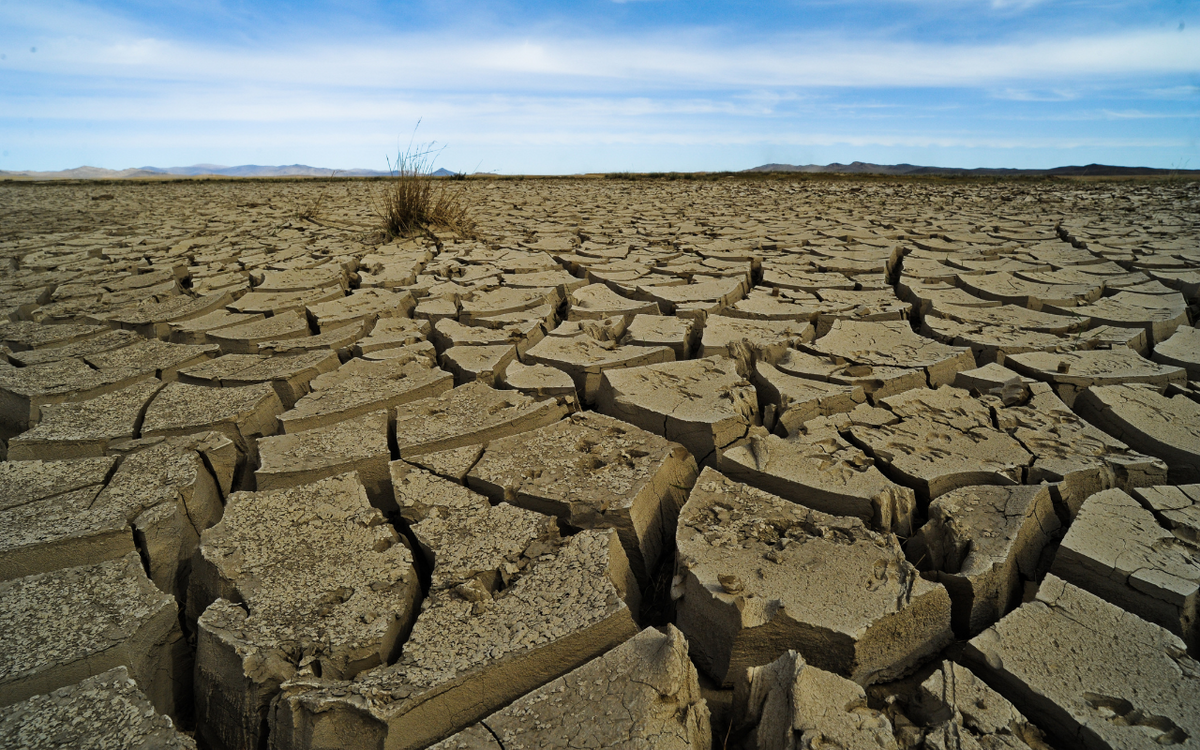
Read more How are transformation and crisis intervention related, Dr. Frick?

Read more Fair Trade and Climate Justice: Everything is Conntected

Read more COP27: Agri-food systems in the focus of the climate discussion
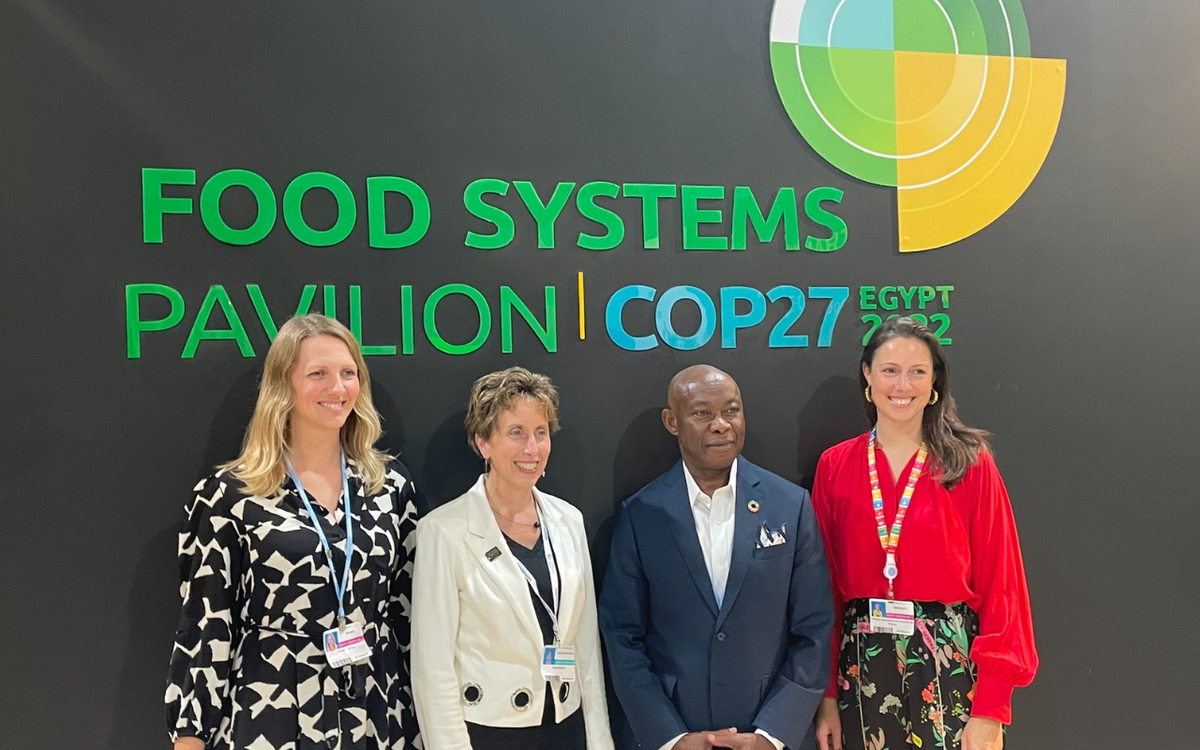
Read more G7 Sustainable Supply Chains Initiative: From Commitment to Action

Read more Climate, biodiversity and nutrition are inextricably linked

Read more Why biodiversity is important for climate protection & food security - and vice versa

Read more Social justice and climate justice: Fair Vibe at the Youth Climate Conference

Read more CompensACTION aims to reward farmers for climate performance

Read more "Climate change is unifying people from the region"

Read more One Health – What we are learning from the Corona crisis

Read more The hype about urban gardening: farmers or hobby gardeners?

Read more Food System Transformation Starts and Ends with Diversity

Read more Engaging the Community to Solve the Bushmeat Crisis
We use cookies on our website. Some of them are essential, while others help to improve your user experience. Your consent is voluntary and can be revoked at any time on the "Privacy" page.
Protects against cross-site request forgery attacks
Saves the current PHP session.
Content from third-party providers, such as YouTube, which collect data about usage. Third-party content embedded on this website will only be displayed to you if you expressly agree to this here.
We use Matomo analytics software, which collects anonymous data about website usage and functionality to improve our website and user experience.